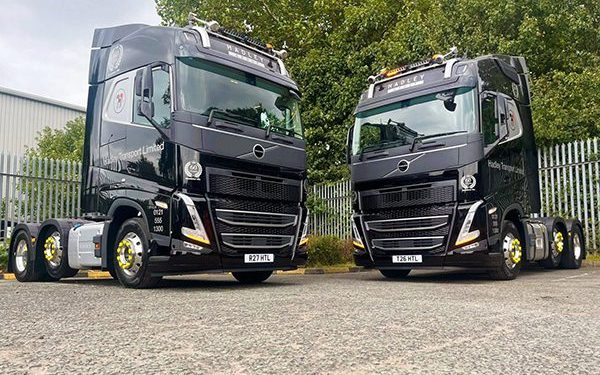BERLIN: Mondelez, maker of chocolate brands like Toblerone, Milka and Cadbury, is urging governments in Ivory Coast and Ghana to boost cocoa yields to secure long-term supply despite low cocoa prices.
Hubert Weber, president of Mondelez Europe, said he was concerned about the sustainability of the industry as demand rises in places like China, while supply was threatened by deforestation and farmers leaving their land for jobs in mining.
“More and more Chinese consumers and other consumers in the world can discover and appreciate chocolate consumption. That is driving the need to think about how we get chocolate supply in the future,” Weber told Reuters in an interview.
Speaking on the sidelines of the World Cocoa Conference in Berlin, Weber said China now only consumed 50 grams of chocolate per capita per year and Russia only 3 kgs, compared to 9 kgs in Europe and 6 kgs in the United States.
Weber said the chocolate industry was having a “charged” conversation about yields with Ivory Coast and Ghana, which together account for over 60 percent of the world’s cocoa supply and which were hit hard last year by a drop in world prices.
“We are firmly convinced, together with many of the NGOs, that it is just good practice to go for more robust cocoa trees and cocoa seedlings and replace them as trees are ageing and getting sick,” Weber said.
“If you don’t offer their farmers an opportunity to have a better livelihood through higher income on a given plot of land, they will not be able to sustain those farming communities.”
Chocolate companies have sought to improve farmers’ incomes by helping boost productivity through measures such as providing higher-yielding plants, but critics say this approach has contributed to overproduction and driven down prices.
Ivory Coast said last month it planned to halt distribution of higher-grade seeds and plants by chocolate makers.
Weber said the government could not block the distribution of new plants, but would not actively support it.
“The challenge is that the land mass where cocoa can be grown is much smaller than coffee or sugar or rubber,” he said, noting the rising use of cocoa butter by the cosmetics industry.
BOOSTING INCOME?
Mondelez, one of the world’s biggest buyers of cocoa, has set up a scheme called “Cocoa Life” to promote more sustainable cocoa farming, aiming to reach more than 200,000 farmers in six countries by 2022, up from 120,500 at the end of 2017.
It said on Tuesday that its biggest European chocolate brand Milka would join the programme, which already includes Cadbury Dairy Milk in Britain and Ireland, Cote d’Or in Belgium and France, and Oreo cookies across Europe.
The programme offers farmers loyalty payments and tips on how to improve yields, including on pruning, fertilisation and the replacement of old plants with new seedlings, as well as education for children and micro finance schemes for women.
Mondelez has distributed 6 million cocoa seedlings in Ghana and Ivory Coast and 1 million other plants like papaya and peppers, which provide shade and compost for cocoa trees as well as an additional source of income for farmers.
Weber said Cocoa Life farmers in Ghana, where the scheme started 10 years ago, had seen yields increase by 40 percent and their income by 50 percent. However, premiums farmers receive from other ethical schemes have been falling.
Mondelez, for whom chocolate makes about a third of its sales, also needs the Cocoa Life scheme to help connect with younger consumers, who have been abandoning big brands for niche labels that are more demanding on sustainability.
“Larger brands have become too distant from the consumer. It is important to get closer again to the consumer and what is relevant for them,” Weber said. “We need to be authentic, grounded in the right values as a brand, and talk about them.”
Source: Brecorder



























